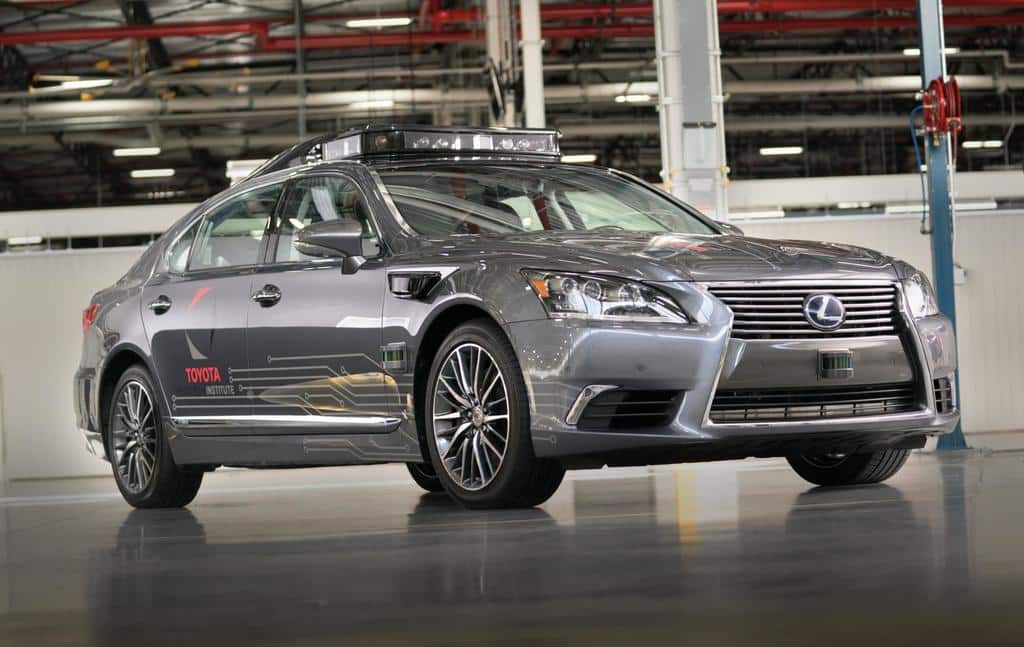The Toyota Research Institute (TRI) is contributing $75,000 to the American Center for Mobility (ACM) for an analysis on how autonomous cars will impact driving-related jobs. ACM’s study, Preparing the Workforce for Automated Vehicles, is being conducted by Michigan State University in collaboration with the Texas A&M Transportation Institute.
“TRI is committed to advancing automated vehicle technology in ways that improve society and individual well-being, and we need to better understand the impact this may have on future jobs and employment,” said Dr. Gill Pratt, TRI CEO and Toyota Motor Corporation Fellow. “Our participation in this study can help address the societal effects in a meaningful way.”
Careful Examination
Officials say the research will provide key insight into the types of jobs that will be affected and to what degree. The study will also identify the skills and education needed for a more automated future. One of the study’s main objectives is to consider a “training template” for commercial drivers, especially in the areas of freight and package delivery, and taxi and ride-hailing.
“If autonomous vehicles become the norm, then truck drivers, taxi drivers, bus drivers, and Uber or Lyft drivers certainly will be impacted – and not in a good way,” Cliff Banks, President of The Banks Report, an automotive retail publication, told us in a special feature on autonomous cars in May. “I’ve watched Uber or Lyft drivers walk up to a house and help an elderly person down the stairs. Can an autonomous vehicle do that?”
Forward Looking
Toyota Motor North America was recently announced as a founding member of the Partnership for Transportation Innovation and Opportunity, a collaboration committed to exploring how autonomous vehicles will impact American workers as well as identifying opportunities to address future challenges. TRI is also in the process of constructing an autonomous vehicle test track in Michigan.
Preparing the Workforce for Automated Vehicles is expected to be published later this year.
“Industry involvement is paramount as we undergo this study, especially when we consider the implications on talent and how the potential needs of employers will shift,” said Soraya Kim, ACM’s Chief Innovation Officer and the study’s leader. “We thank TRI for their continued commitment and for being a partner to get this important work done.”
The Automoblog Staff contributed to this report and can be reached anytime.
Source: Toyota Research Institute, American Center for Mobility.




